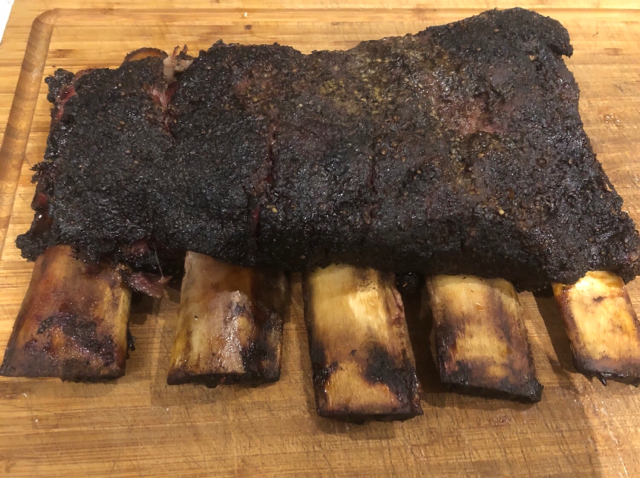BriGreentea
Knows what a fatty is.
I'm thinking about just using simple salt and pepper on my next brisket...maybe ribs.
Aside just average salt and pepper store bought whatever, is using high grade sea salt and cracked black pepper make a difference?
I was thinking about cracking pepper and getting some good salt and just mixing 3/4 pepper and 1/4 salt in a bowl then rubbing on.
Aside just average salt and pepper store bought whatever, is using high grade sea salt and cracked black pepper make a difference?
I was thinking about cracking pepper and getting some good salt and just mixing 3/4 pepper and 1/4 salt in a bowl then rubbing on.
Last edited:





